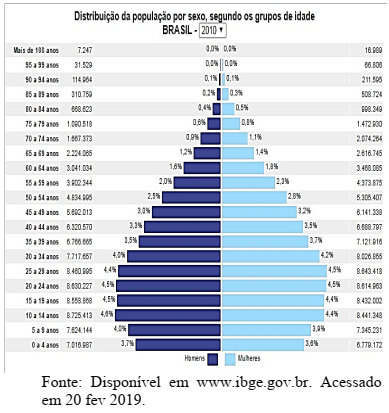Questões de Concurso
Comentadas para consulpam
Foram encontradas 3.873 questões
Resolva questões gratuitamente!
Junte-se a mais de 4 milhões de concurseiros!
“Aided by the rise of new digital communication technologies, as well as an Internet that allows messages and images to be distributed anonymously, episodes of cyberbullying have become much more common. According to a 2013 review of cyberbullying research, online harassment can take two primary forms: direct cyberbullying in which threatening or insulting messages or images are sent directly to the intended victim and indirect or relational cyberbullying, which involves the spread of rumours and/or demeaning content behind the victim's back. And there are a variety of ways for cyberbullying to happen, including texting, emails, or through posts relayed through social media sites such as Twitter, Facebook, and Instagram.”
(What Makes Cyberbullying So Popular? By Romeo Vitelli. Psychology Today. Available in https://www.psychologytoday.com/us/blog/mediaspotlight/201808/ what-makes-cyberbullying-so-popular.)
“Marianne would have thought herself very inexcusable had she been able to sleep at all the first night after parting from Willoughby. She would have been ashamed to look her family in the face the next morning, had she not risen from her bed in more need of repose than when she lay down in it. But the feelings which made such composure a disgrace, left her in no danger of incurring it. She was awake the whole night, and she wept the greatest part of it. She got up with a headache, was unable to talk, and unwilling to take any nourishment; giving pain every moment to her mother and sisters, and forbidding all attempt at consolation from either. Her sensibility was potent enough!”
(Extract from Sense and Sensibility, by Jane Austen. First published in 1811)
“Marianne would have thought herself very inexcusable had she been able to sleep at all the first night after parting from Willoughby. She would have been ashamed to look her family in the face the next morning, had she not risen from her bed in more need of repose than when she lay down in it. But the feelings which made such composure a disgrace, left her in no danger of incurring it. She was awake the whole night, and she wept the greatest part of it. She got up with a headache, was unable to talk, and unwilling to take any nourishment; giving pain every moment to her mother and sisters, and forbidding all attempt at consolation from either. Her sensibility was potent enough!”
(Extract from Sense and Sensibility, by Jane Austen. First published in 1811)
“Marianne would have thought herself very inexcusable had she been able to sleep at all the first night after parting from Willoughby. She would have been ashamed to look her family in the face the next morning, had she not risen from her bed in more need of repose than when she lay down in it. But the feelings which made such composure a disgrace, left her in no danger of incurring it. She was awake the whole night, and she wept the greatest part of it. She got up with a headache, was unable to talk, and unwilling to take any nourishment; giving pain every moment to her mother and sisters, and forbidding all attempt at consolation from either. Her sensibility was potent enough!”
(Extract from Sense and Sensibility, by Jane Austen. First published in 1811)
“Marianne would have thought herself very inexcusable had she been able to sleep at all the first night after parting from Willoughby. She would have been ashamed to look her family in the face the next morning, had she not risen from her bed in more need of repose than when she lay down in it. But the feelings which made such composure a disgrace, left her in no danger of incurring it. She was awake the whole night, and she wept the greatest part of it. She got up with a headache, was unable to talk, and unwilling to take any nourishment; giving pain every moment to her mother and sisters, and forbidding all attempt at consolation from either. Her sensibility was potent enough!”
(Extract from Sense and Sensibility, by Jane Austen. First published in 1811)
O conjunto de condições, leis, influências e interações de ordem física e biológica, que permite, abriga e rege a vida em todas as suas formas.
Fonte: BRASIL. Lei nº 6.938, de 31 de Agosto de 1981: Dispõe sobre a Política Nacional do Meio Ambiente. 1981.
A definição acima refere-se:
Uma série de processos mais amplos, entre eles os de concentração, dos capitais, da população, dos bens materiais e imateriais, da decisão, da gestão e da informação; de “seleção dos lugares”, na atração de empresas, de trabalhadores altamente qualificados; e, como consequência dos anteriores, de dualização, com o aumento das desigualdades territoriais entre os territórios metropolitanos e/ou “metropolizados”, e os territórios não integrados ou excluídos.
Fonte: LEROY, S. (2000). Sémantiques de la métropolisation. L'Espace géographique. Paris, v. 29, n. 1, pp. 78-86. (Adaptado)
O conceito expresso na citação acima é de:
De acordo com o último censo, realizado em 2010, as características da pirâmide etária brasileira apresentam um(a):
